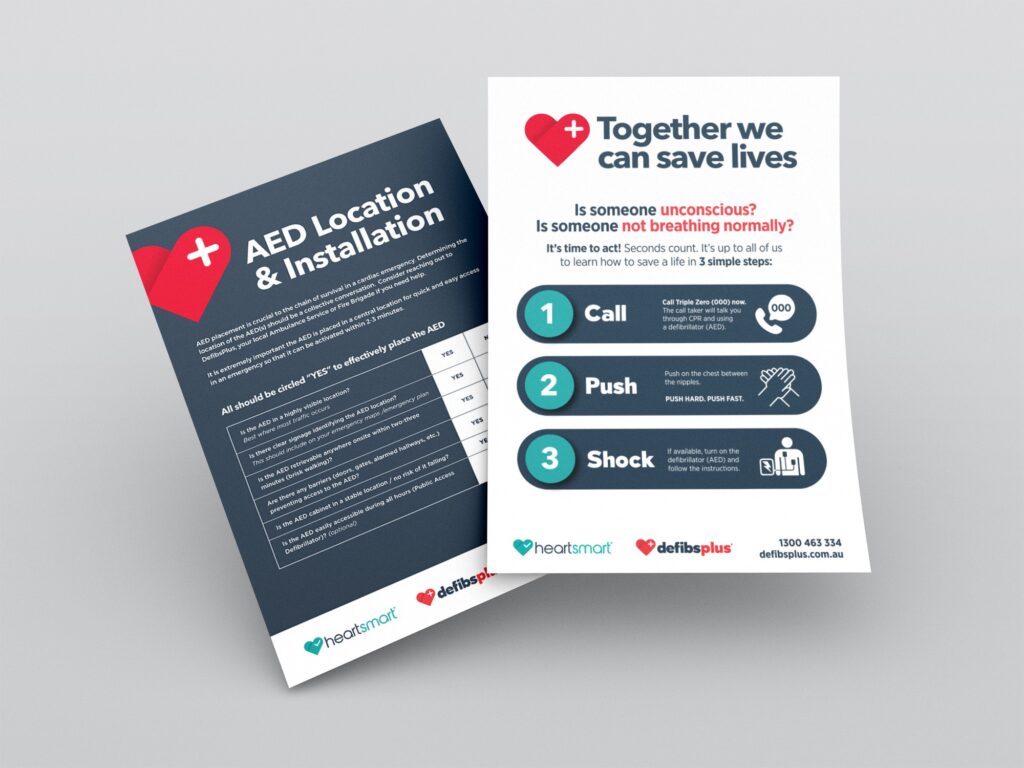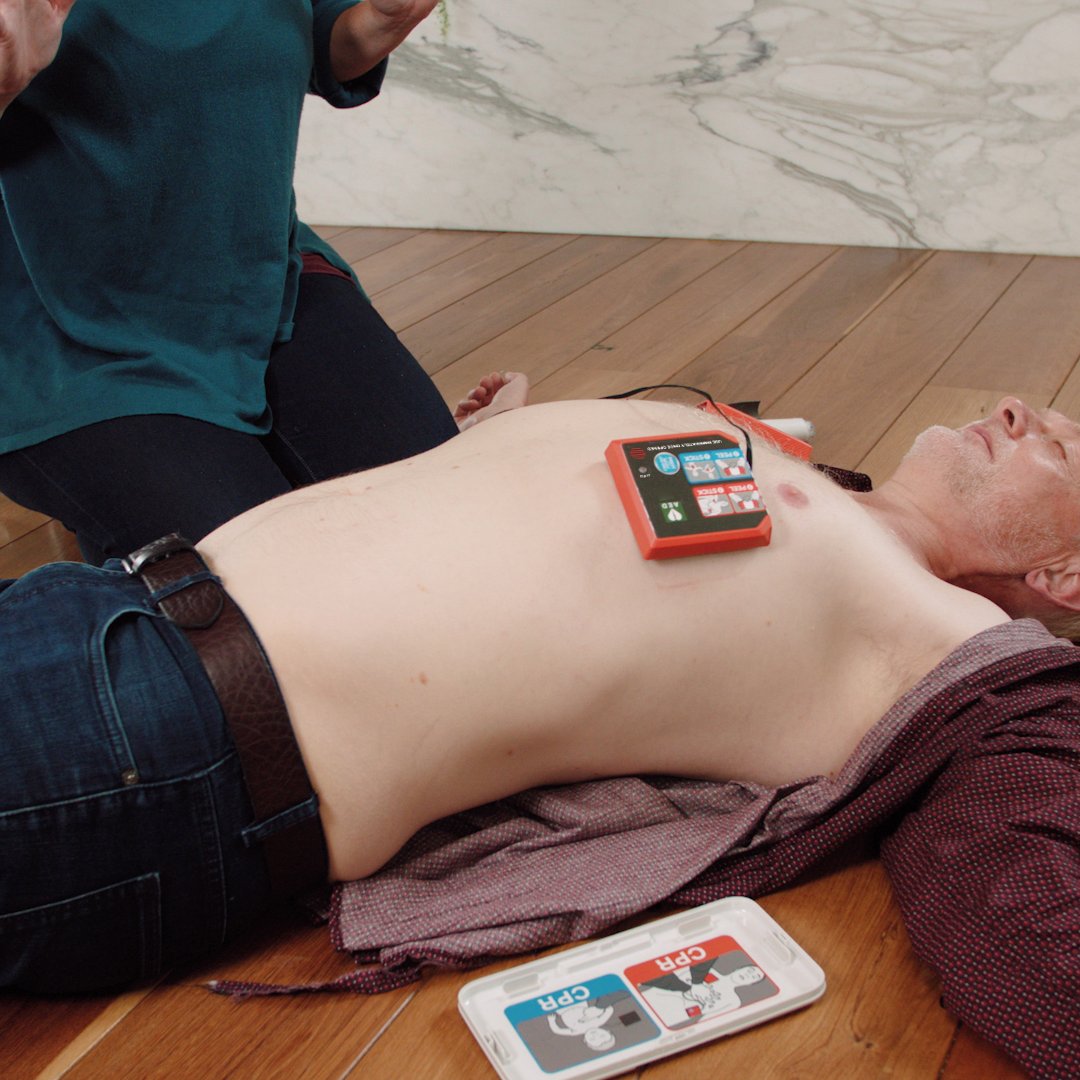

We all know by now that exercising and physical activity is good for your heart, but let’s face it – some of us enjoy opening the fridge much more than throwing on those running shoes. The good news is that with a few changes to your diet, you can help your heart get healthy – deliciously!
Good heart health starts with what you’re putting in your shopping cart and ordering off the menu. Here are some great foods to include in your diet.
The other side of the coin is to follow a healthy eating plan. This doesn’t mean cutting out your favourite foods completely, but it does mean:
Heart health is a priority at DefibsPlus, and we’re passionate about helping lower heart disease, heart attack and sudden cardiac arrest risks for everyone. We’re a leading HeartSine AED supplier offering defibrillator training through our FREE HeartSmart program, and we can also assist you with AED parts, batteries, storage cabinets and First Aid kits.
We have a generous subsidy in place to help make this investment more affordable. With over 75% of SCAs happening out of hospitals in our homes and workplaces, we all need to work together to save lives.
For more information on our products and defibrillator training or the DefibsPlus subsidy, call 1300 463 344 or use our online form to contact us today.


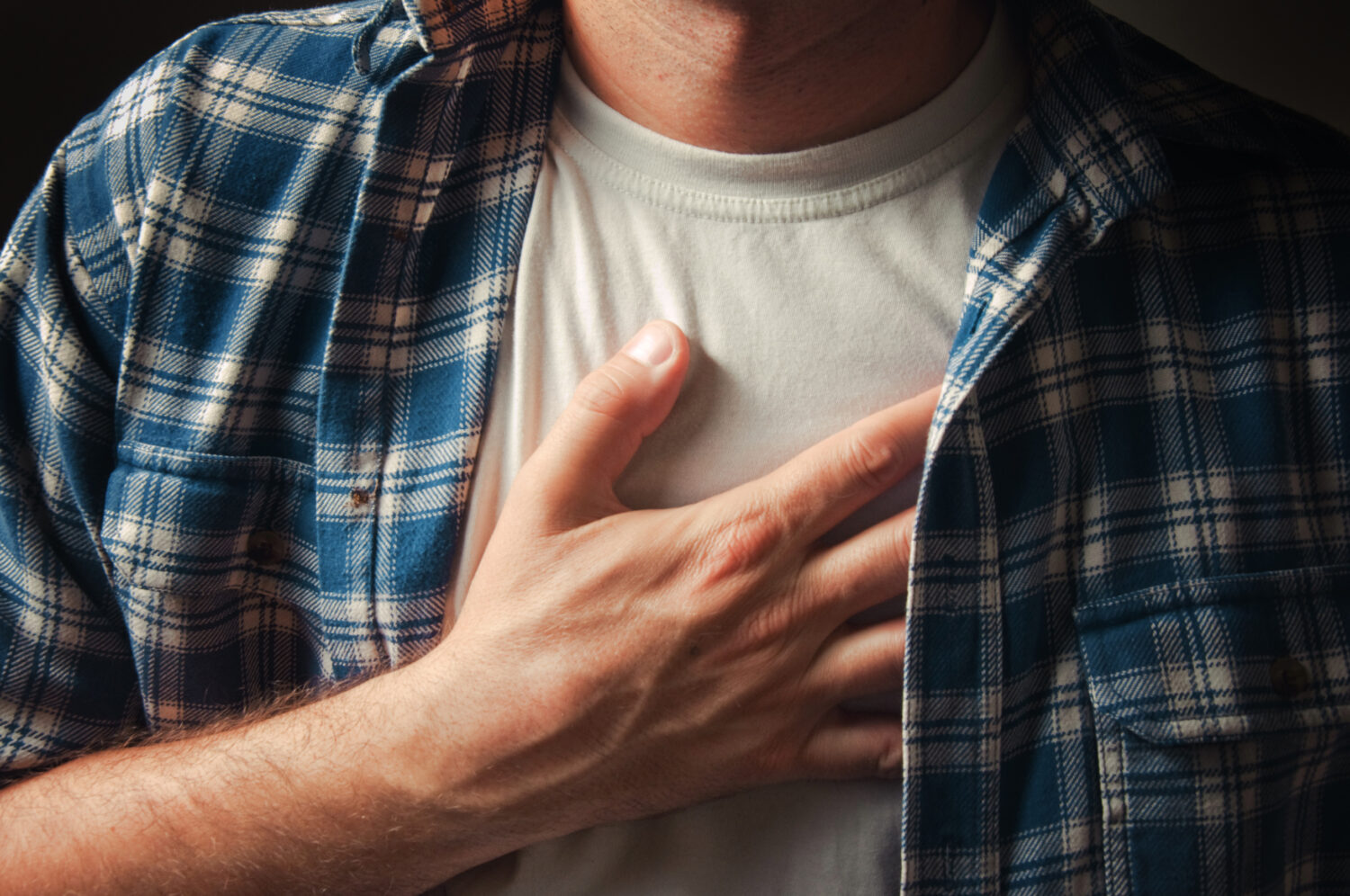
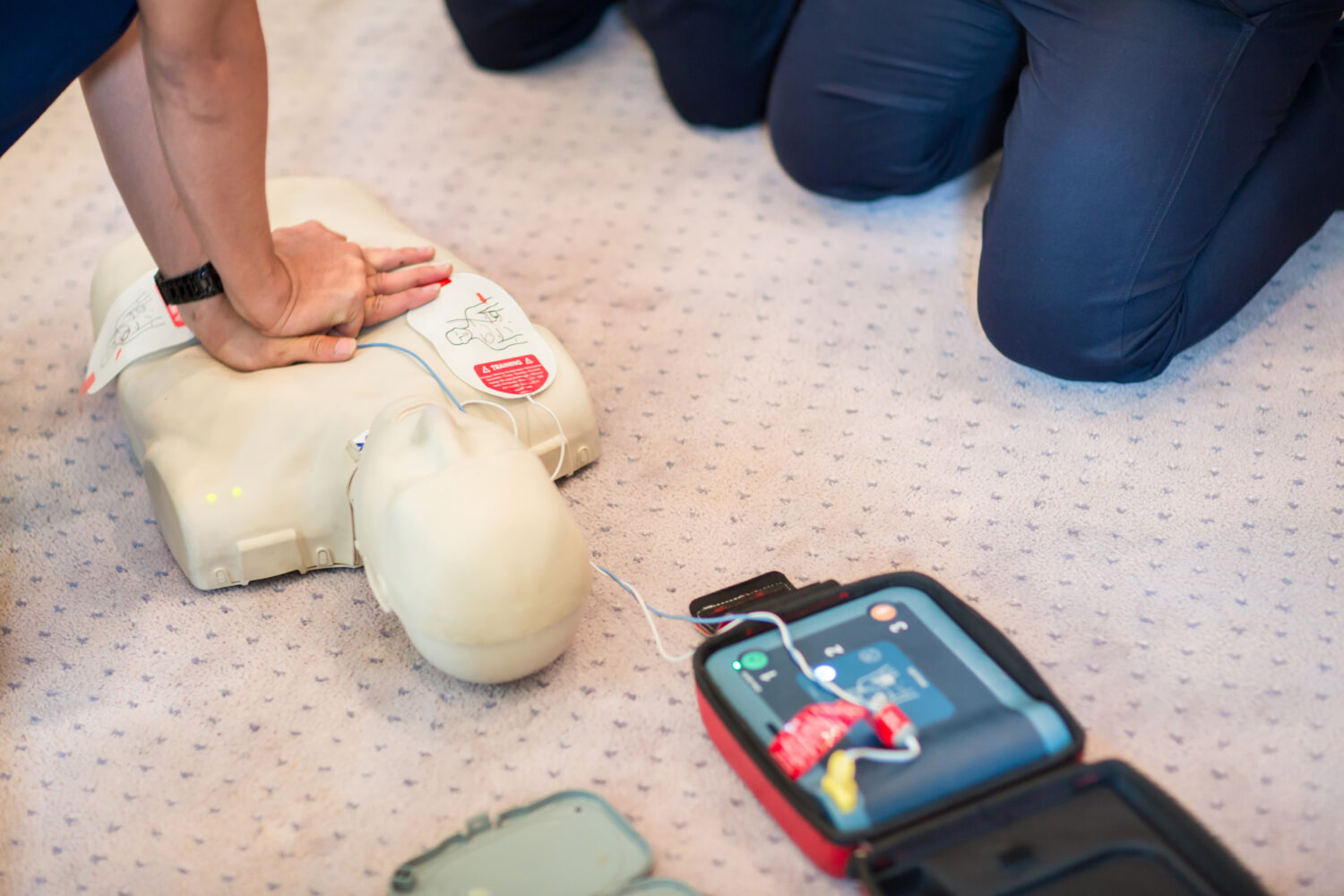
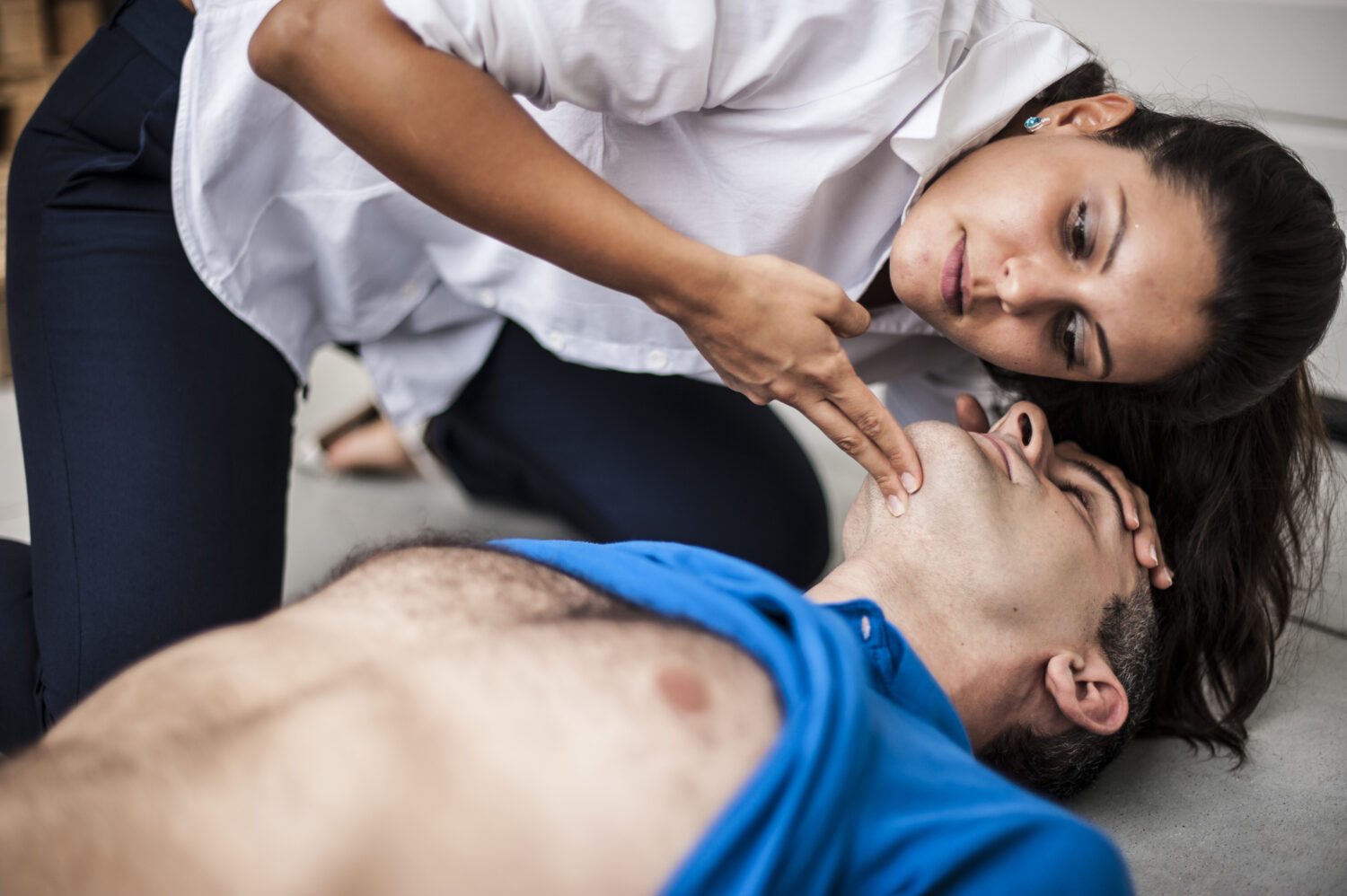
Interested in ordering defibrillator products or training for your organisation? Fill in the form below and a member of our sales team will contact you as soon as possible. Thank you for your interest.

| Resources | Are you COVID-19 safe?, COVID-19 CPR & Defibrillation, Call, Push, Shock, CPR Rapid Action Plan, Chain of survival, How to use an AED, Helpline Support, GoodSAM App, Heart Smart Program, FAQ, AED Checklist, AED Checklist, AED Policy & Procedures, AED Maintenance Checklist |
|---|
